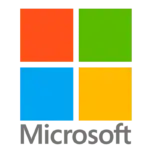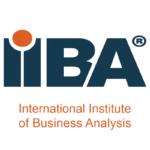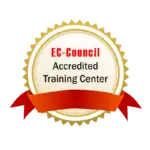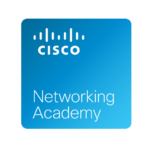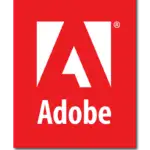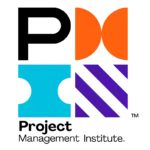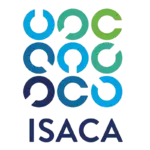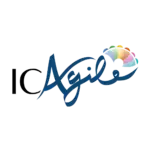The need for mobile applications is growing rapidly in the current digital era. The most widely used mobile operating system, Android, has a wide range of opportunities for developers. A reputable academic institution, such as CLS Learn, has created an Android App Development course to help students develop their practical skills and fulfil the demands of the market.
In-depth vision
Follow us in this article provides a full explanation of the comprehensive course results and how they affect students.
- Establishing a Solid Foundation
- Course outcome
Students receive a solid basis to build upon once the Android App Development course at CLS Learn gets launched. They obtain a thorough understanding of the structure of the Android operating system, as well as the software stack, components, and development tools.
Point of focus
The primary focus of the course mainly will be on the core Java and object-oriented programming (OOP) concepts for creating Android apps.
- The design and creation of user interfaces (UI)
- Clear Definition
Any Android application must have a user interface that is both clear and pleasant to the eye, to create responsive and dynamic UI layouts. Through animations, motions, and material design principles, you’ll investigate methods for improving user experience.
The fundamental components of the application
The Android App Development course covers information about the fundamental components of any Android application. They discover how to create activities, services, broadcast receivers, and content suppliers.
Students receive hands-on experience controlling the lifecycle of these components and comprehending their significance in the development of resilient and efficient systems’. Primary Application Components:
Data Storage and Persistence
Effective data storage and management are critical aspects of Android app development. CLS Learn course provides students with comprehensive knowledge of various data storage options in Android, such as SQLite databases, Shared Preferences, and file systems.
They learn how to implement data persistence techniques and effectively retrieve and manipulate data in their applications.
Integration of Web Services and Network Connectivity
Connectivity is critical in today’s mobile landscape. Our course teaches students how to add network connectivity into their Android applications. They will learn how to send asynchronous HTTP queries, handle JSON/XML responses, and build RESTful APIs. Students also investigate concepts such as authentication, data caching, and error management to develop strong network-enabled programs.
Testing and debugging of applications
Thorough testing and debugging are required for high-quality Android applications. Our Android App Development course introduces students to numerous testing approaches including unit testing, integration testing and user interface testing.
They learn how to use debugging tools and frameworks to find and solve errors, assuring the stability and reliability of their apps.
Publishing and Monetization Strategies
Once an app has been completed, it must be published on the Google Play Store. The CLS Learn course covers the full process of preparing apps for deployment, including the creation of digital assets, the generation of signed APKs, and the comprehension of publishing requirements.
Industry-Related Projects and Real-World Experience
Integrating industry-relevant projects can improve practical skills and imitate real-world problems. Students engage on individual and group projects that allow them to apply what they’ve learned to address real-world problems.
Furthermore, they are mentored and guided by well experienced professionals to gaining exposure on industry best practices.
Summary
This course provides students with the full knowledge and abilities needed to create cutting-edge Android applications. The course prepares students for a successful career in the mobile app development business by offering a solid foundation, emphasizing UI design, covering basic components, data storage, connection, testing, and publishing.
CLS Learn dedication to hands-on learning and exposure to real-world circumstances ensures that students graduate with the confidence and knowledge to develop unique and user-friendly Android applications.
[su_posts template=”templates/teaser-loop.php” posts_per_page=”4″]









